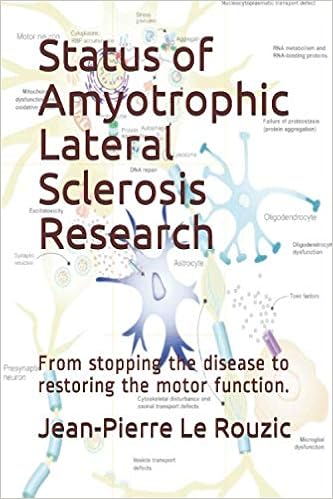Purpose of this study
Edaravone was approved as a therapeutic drug against ALS in June 2015 in Japan and by the Korean Ministry of Food and Drug Safety in December 2015.
In this observational study, on ALS patients in the Korean population, patients treated with edaravone showed modest results on ALSFRS-R and lung function tests. Several previous studies on edaravone also reported quite low results in the treatment of ALS.
Results of this new study on Edaravone
The phase 3 clinical trial on edaravone showed an average decrease in ALSFRS-R of 5.01 points in 6 months in the treated group, and an average decrease of 7.50 points in 6 months in the control group.
The patients involved in this study showed an average decrease of 5.75 point.
The initial characteristics of ALS patients included in this study had an average ALSFRS-R of 34.25 and an average CVF of 75%, reflecting a more advanced stage of ALS patients in this new study compared to patients in the recent trial. phase 3 clinical trial.
It should be noted that a recent study of advanced ALS patients with a FVC of less than 60% showed no benefit of edaravone, reflecting the importance of early intervention in the treatment of ALS patients. The study in Korean patients also showed some efficacy in ALS patients with a mean CVF score of 75%.
In the present study, the results also indicate that the reduction is not limited to a specific area, but also relates to different areas of ALSFRS-R.
Castillo-Viguera et al. have suggested that removal of more than 20% of ALSFRS-R is clinically significant; The phase 3 clinical trial on edaravone had shown a 33% decrease in progression, but the present study showed only a slower progression of 23% after 6 months.
Adverse effects of Edaravone
Edaravone is known to cause frequent side effects, in up to 84% of patients. The most common side effects are bruising, constipation, contact dermatitis, dysphagia, eczema and inflammation of the upper respiratory tract (in order of decreasing frequency); 16% of patients experienced serious adverse events. In the present study, two patients presented with eczema and pruritus, which were well tolerated with oral antihistamine and steroidal therapy. Transient leukopenia should also be noted in a patient who has recovered after a few days of initial treatment. No deaths were encountered during the follow-up period.
The limitations of the present study are as follows. The study was observational, with no control group for comparison. The small number of patients recruited must be taken into account in the evaluation of the results.
Conclusions
This is a study of Korean patients on the open-label study of edaravone in patients with ALS. The treatment was well tolerated without significant adverse events. Consistent with previous studies in Japan, the United States and Europe, the present study shows that the treatment was well tolerated and showed only a slight improvement at a later stage of ALS.The study is available here: https://doi.org/10.1007/s10072-019-04055-3

